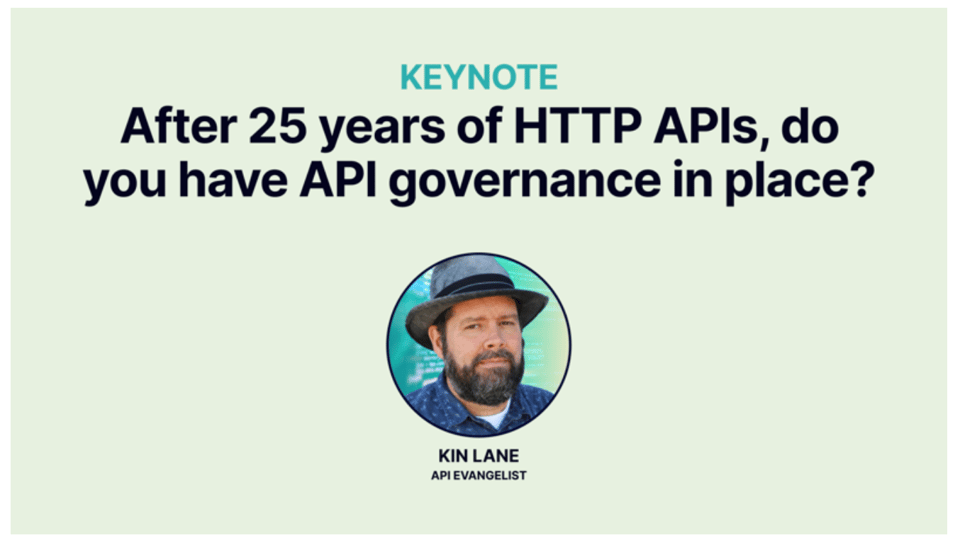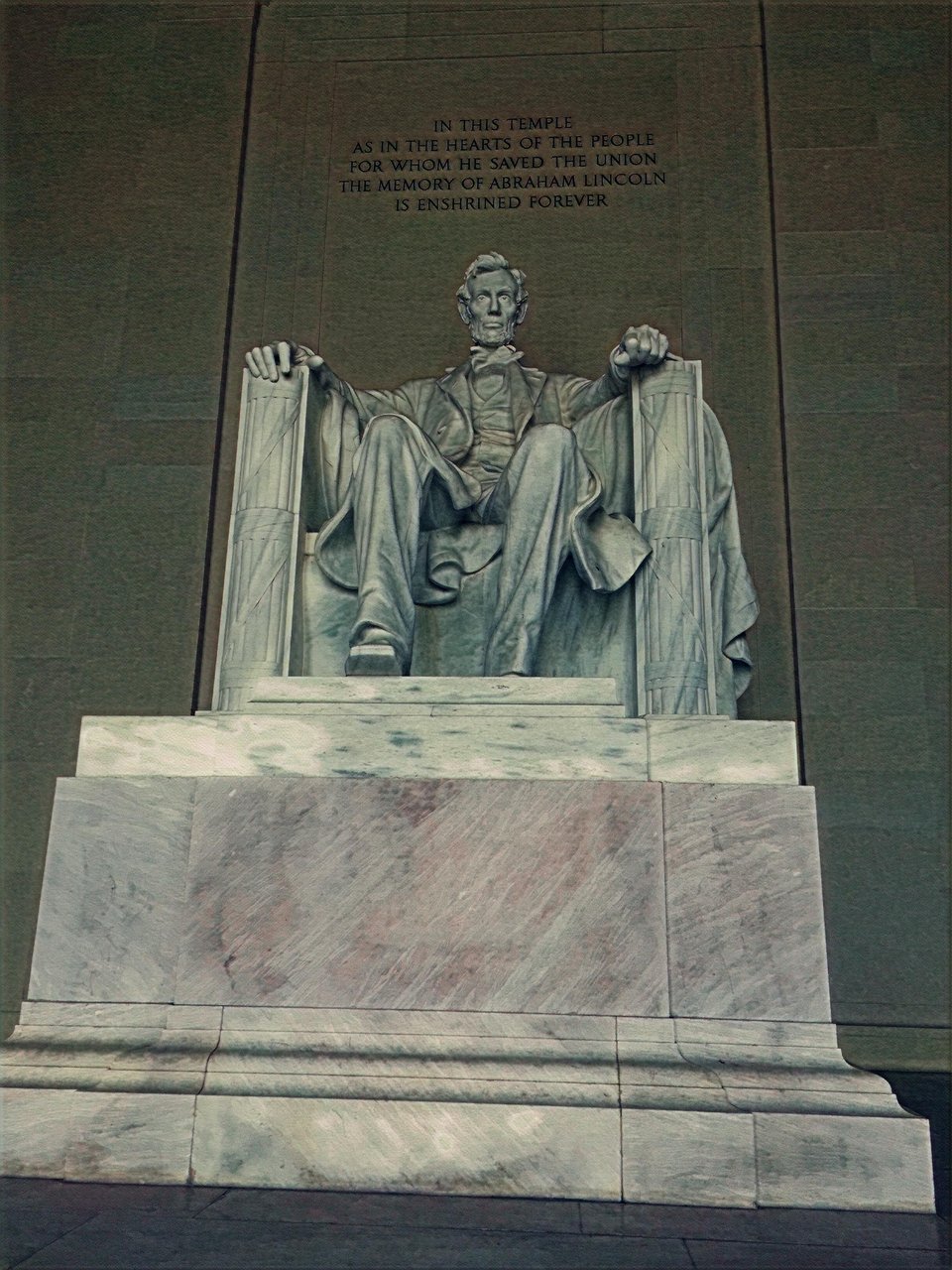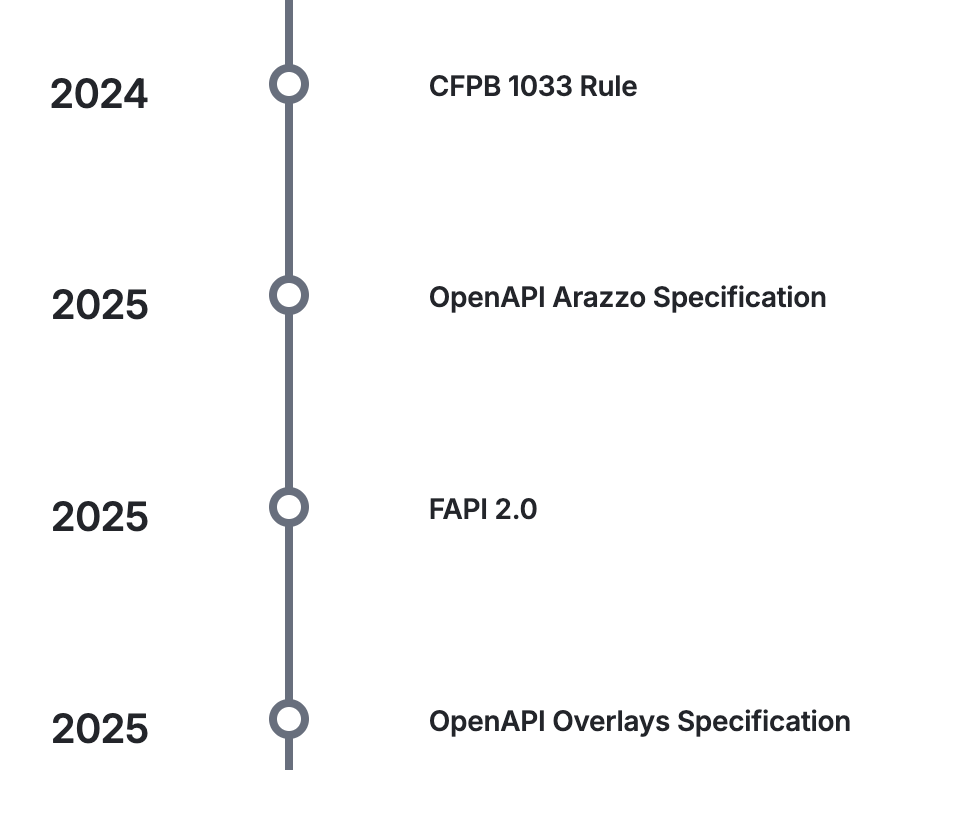Weekly API Evangelist Governance (Guidance)
I would like to welcome our new documentation partner Theneo, as well as give another weekly shout out to our SDK partner APIMATIC. API Evangelist storytelling occurs because of Theneo and APIMATIC, and I am thankful to have their support for this exciting ride!
It was a productive week at API Evangelist. 19 separate stories on the blog answering questions for people I am speaking with, building on conversations that occurred at Tyk’s LEAP 2.0 API Governance conference, and moving API Evangelist Knowledge Builders forward using open-source partner tooling.
There were a lot of lessons learned profiling credit card providers and automobile manufacturers this week helping continue to lay the foundation informing the API pulse, and identifying who is investing in their API presence at these top industry levels.

Tyk is leading the API conversation, inviting me to speak at their LEAP 2.0 API governance conference on Thursday — it was a great conference with a lot of smart people sharing their experience and expertise. It gave me hope to hear folks talk about how API governance is about people and business, and to a lesser degree about technology.
My talk at Tyk’s conference opened things up for the day, but was bookended a talk by James Higginbotham at the end of the day-—fueling my beliefs around capital G Governance and lowercase g governance. After hearing other talks I feel that the distribution of governance is a very murky topic for all of us—which will need more work if are going to make progress. Outside API Evangelist, Bruno Pedro published a convincing argument that API governance was more than rules automation.

Schema was a priority this week, with coverage of the SourceMeta Schemas registry, and Sourcemeta founder Juan Cruz Viotti coming by for a conversation about why he built the registry, but also discussed JSON Schema as a specification and the importance validation performance for the runtime — schema work is the most stabilizing API work.
Poking our head into the world of artificial intelligence, we felt compelled to push back a little on AI providing more access to data, and had a good belly laugh about our friends at Corewood fixing $7 haircuts — aka generated AI code. We also have a conversation coming up this week to discuss SDK generation using AI with Ambassador—we are pretty excited about it—not the generation, but the conversation. ;-) Deepseek has reopened access to their API, but then OpenAI was also signaling concerns about the impact their API has on people, keeping the AI theater filled with people in the seats. In the end, I predict the future AI will be all about surveillance and policing using APIs like Palantir.

It was time to add Arrazzo, Overlays, and FAPI 2.0 to the API timeline—and it is always interesting to decide was is history and what is not. There was lots of nostalgia for the past with spotting HAL and JSON-lD in the wild, and loving on how curl hasn’t aged a day since 1998.

I am going to begin pivoting on the weekly knowledge building sessions this week. I’ll be taking next week off for some travel, but once I get back I am going to keep the time slots as well as the focus on fundamentals, but I am just going operate them more like office hours rather than paid workshops for a bit. I want to change up format to see if I get more people showing up. I’ll kick off the work on changing up the format this week, and begin running the new sessions the week of March 17th. I have no shortage of conversations going on, but getting them into the regularly schedule time slots is proving to be challenging, but it is essential for my sanity and budget.
If you need API Evangelist to help out with API governance please let us know how we can help. And thank you to APIMATIC and Theneo for their continued support. If you are interested in sponsoring our work and site please review out sponsorship package, and drop me an email today.